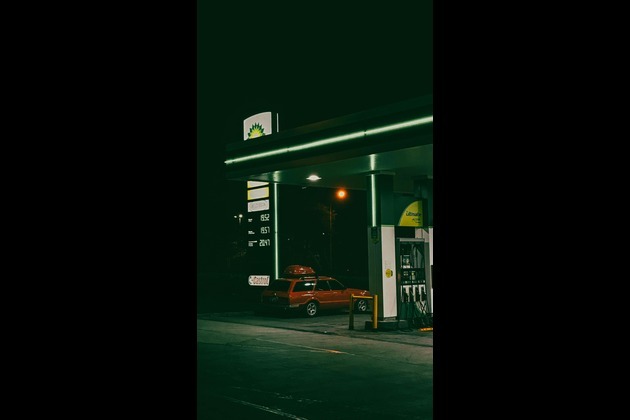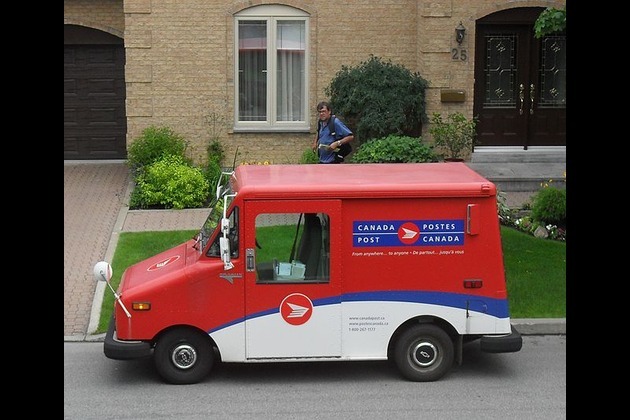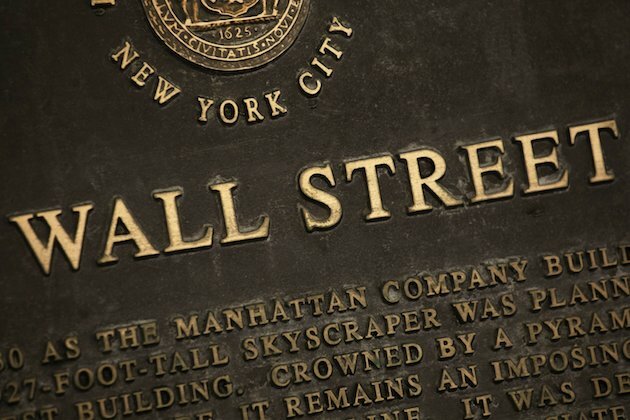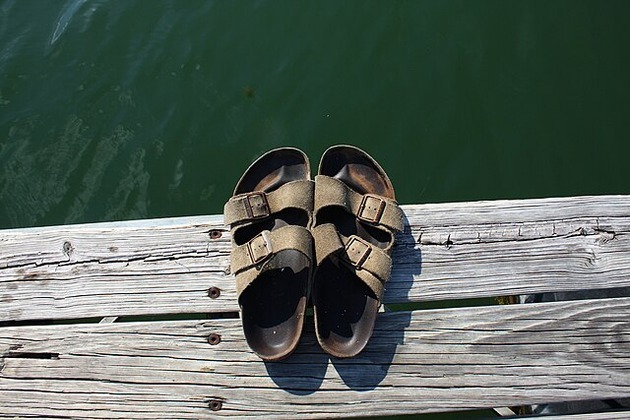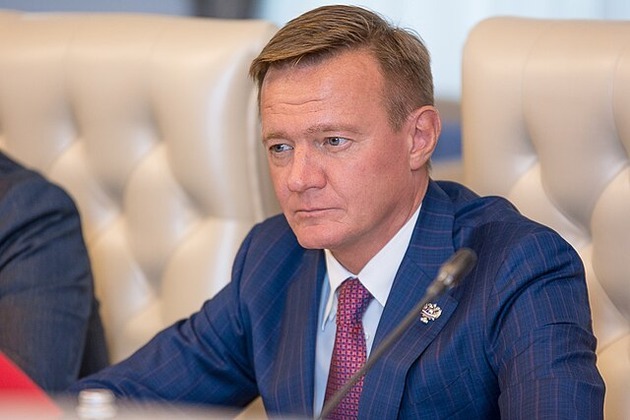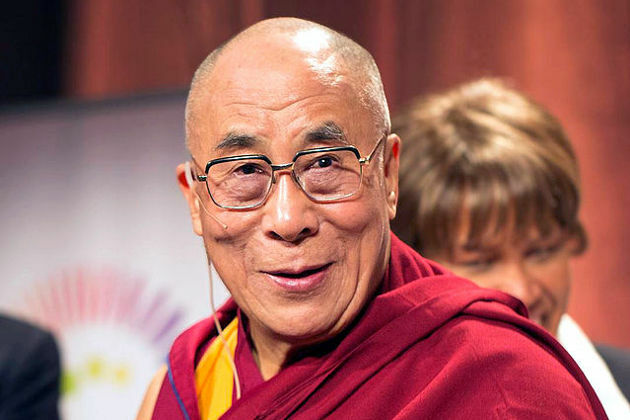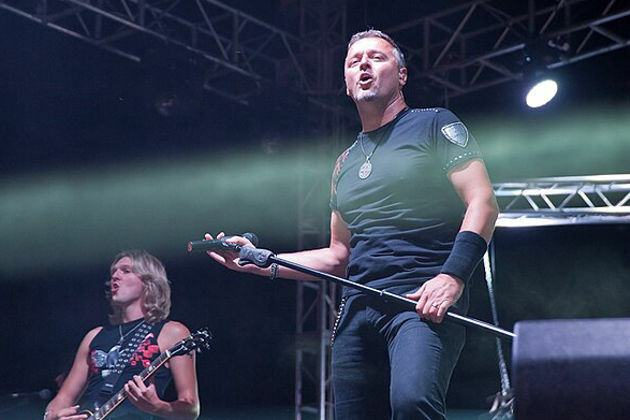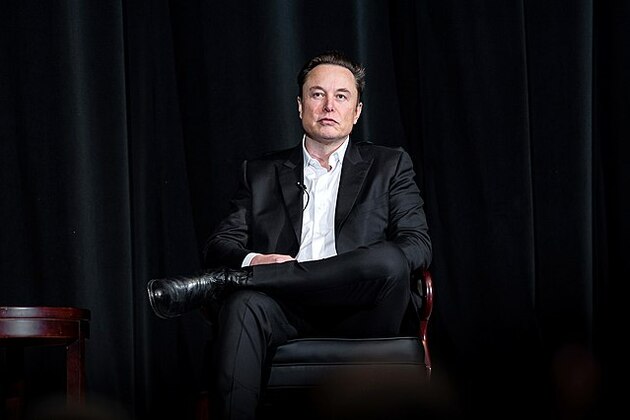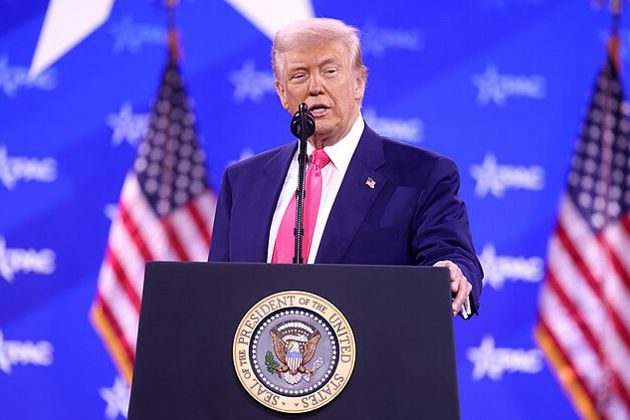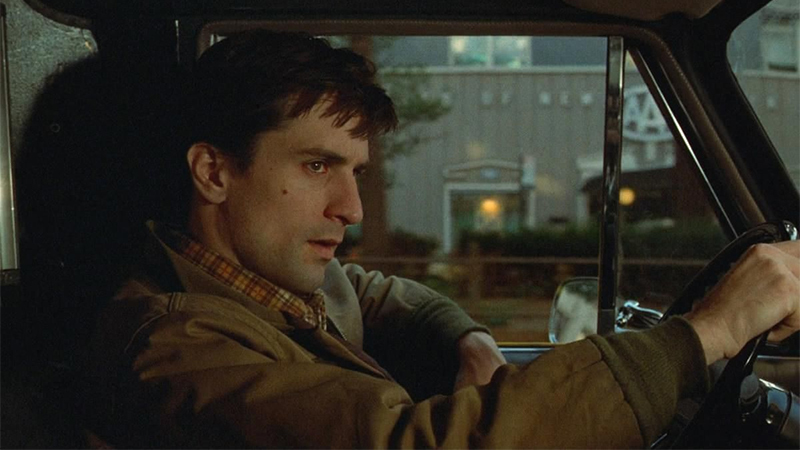We're not seeing a 'populist surge' in this election. Why not?
The Conversation
16 May 2019, 07:50 GMT+10
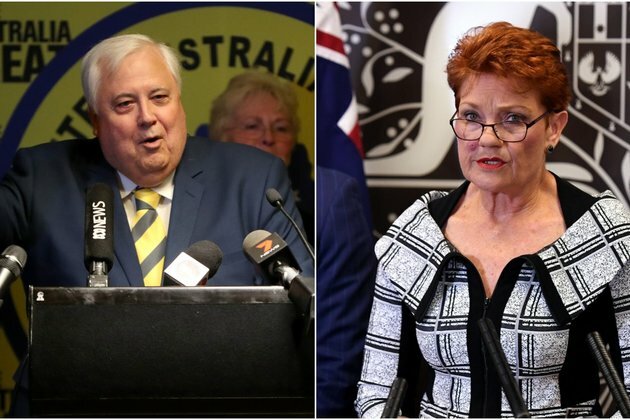
One of the most significant, and unremarked, features of the 2019 Australian federal election has been the absence of what might be termed a "populist surge".
In the most recent Newspoll, the United Australia Party and Pauline Hanson's One Nation are polling at about 8% of the vote combined. This is tiny in comparison to, for example, Marine le Pen's right-wing Rassemblement National in France, which is currently polling at 22% in the lead up to the European Parliament elections.
The current elections in Australia indicate that there is nothing equivalent to the mood that led either to the election of Donald Trump in the United States or the Brexit vote in the United Kingdom. There is no firebrand leader galvanising Australians into a populist revolt, and it appears that no lower house electorates will fall to such a figure.
Let's take a look at why.
Our electoral system is hard on newcomers
Part of the reason is technical. The Australian electoral system for the House of Representatives, based on single member electorates, makes it very difficult for newcomers to win a seat.
This is exacerbated by the fact that the electorates have being growing in size over the years. Section 24 of the Constitution establishes the so-called nexus, which states that the size of the House of Representatives must be twice the size of the Senate. Despite significant growth in Australia's population, the number of House of Representative members has remained static. This has resulted in ever larger electorates in terms of the number of voters.
More importantly, over the years, redistribution has increased the geographical size of many rural electorates. This makes it difficult for minor parties or independents to attract support across a large geographical area composed of disparate communities.
Independent candidates tend to have built up a support base in the major provincial city within an electorate. While this might be sufficient for election to a state legislature given the smaller size of state electorates, it makes life very difficult at a federal level.
One example of a serious outside contender is Kevin Mack, the Mayor of Albury. Mack is standing against the current Liberal member, Sussan Ley, in Farrer, where constituents are fired up over lack of access to water under the under the Murray-Darling Basin plan. Farrer covers the territory of the New South Wales state electorate of Murray, which was claimed by the Shooters, Fishers and Farmers in the recent state election.
In cases where independents or minor party candidates in the large federal electorates manage to collect enough support to get elected, it's usually because they come in second, and take advantage of preferences to get them over the line.
Paradoxically, the Australian system of single member electorates combined with preferential voting gives smaller parties and independents considerable influence in terms of preference allocation. But makes it unlikely that they will be elected to parliament.
Immigration hasn't been an election issue
As political newcomers, populists require some issue or image or myth that will capture the imagination and stimulate enough of the emotional side of human nature to lure electors from their traditional political allegiances.
Eric Kaufmann, a professor of politics in the UK, argues in his book White Shift that immigration is the issue that's fuelling much contemporary populism.
Covering a wide range of countries, Kaufmann points to data indicating that it's neither being "left behind" nor economic matters that are the spark the populist fuse, but culture and the perception that immigration leads to cultural loss.
If that's the case, it explains a lot about the current election. Immigration has not featured heavily as an issue. Instead, the focus has been on other matters, mainly of an economic nature.
Without immigration as an issue to fire the imagination and stir the emotions, would-be populists have little to inspire support for them. This situation may also be exacerbated by the fact that, unlike Donald Trump, Australia's two populist leaders, Pauline Hanson and Clive Palmer, lack the fire to spark a populist revolt. Enduring Clive Palmer's seemingly endless advertisements on YouTube is a struggle in itself.
Australian populism is different
Australian populism has been largely confined to rural and regional areas that don't have much experience of the effects of immigration. If immigration was going to be a major issue in Australia, you would expect it to resonate in outer suburban areas of the large cities.
In the example of Farrer, where the established member is seriously challenged, there is a local issue that has stirred the passions of the people.
This suggests that Australian populism is quite different from populism in other countries. It's more a form of long-term grumble about the state of the world than a sharp reaction to the threat of cultural loss.
So, populism will have much less impact on the Australian elections than on those of other comparable countries. Pauline and Clive should be asking themselves why their level of support is so low.
 Share
Share
 Tweet
Tweet
 Share
Share
 Flip
Flip
 Email
Email
Watch latest videos
Subscribe and Follow
Get a daily dose of New York Statesman news through our daily email, its complimentary and keeps you fully up to date with world and business news as well.
News RELEASES
Publish news of your business, community or sports group, personnel appointments, major event and more by submitting a news release to New York Statesman.
More InformationBusiness
SectionBP appoints ex-Shell finance chief Simon Henry to board
LONDON, U.K.: This week, BP appointed Simon Henry, former Shell finance chief, to its board as a non-executive director effective September...
FedEx, UPS step up as Canada Post loses market share in strikes
OTTAWA, Canada: With Canada Post struggling to maintain operations amid labour unrest, rivals like FedEx and UPS are stepping in to...
U.S. stocks steady Tuesday despite tariffs turmoil
NEW YORK, New York - U.S. and global markets showed a mixed performance in Tuesday's trading session, with some indices edging higher...
Beijing blamed for covert disinformation on French fighter jet Rafale
PARIS, France: French military and intelligence officials have accused China of orchestrating a covert campaign to damage the reputation...
Birkenstock steps up legal battle over fakes in India
NEW DELHI, India: Birkenstock is stepping up its efforts to protect its iconic sandals in India, as local legal representatives conducted...
Beijing hits back at EU with medical device import curbs
HONG KONG: China has fired back at the European Union in an escalating trade dispute by imposing new restrictions on medical device...
International
SectionPutin fires transport chief, later found dead in suspected suicide
MOSCOW, Russia: Just hours after his sudden dismissal by President Vladimir Putin, Russia's former transport minister, Roman Starovoit,...
Thousands gather in Himalayas as Dalai Lama celebrates 90th birthday
DHARAMSHALA, India: The Dalai Lama turned 90 on July 6, celebrated by thousands of followers in the Himalayan town of Dharamshala,...
Fans perform WWII-era Fascist salute at Marko Perković’s mega concert
ZAGREB, Croatia: A massive concert by popular Croatian singer Marko Perković, known by his stage name Thompson, has drawn widespread...
U.S. Treasury Secretary says Musk should steer clear of politics
WASHINGTON, D.C.: Elon Musk's entry into the political arena is drawing pushback from top U.S. officials and investors, as his decision...
TikTok building U.S.-only app amid pressure to finalise sale
CULVER CITY, California: TikTok is preparing to roll out a separate version of its app for U.S. users, as efforts to secure a sale...
Trump defends use of 'Shylock,' citing ignorance of slur
WASHINGTON, D.C.: President Donald Trump claimed he was unaware that the term shylock is regarded as antisemitic when he used it in...


